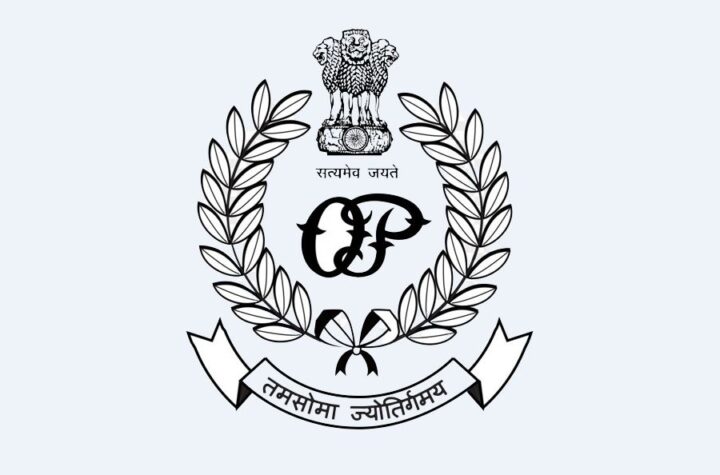Farm unions are set to take a decision on December 4 regarding the future course of their ongoing protests at Delhi’s borders. The Centre has asked them to nominate names to be part of the committee proposed by Prime Minister Narendra Modi to “make MSP (minimum support price) more effective and transparent”. The unions must respond positively and join in the negotiations for the next step. With the government repealing the laws, it will be prudent on their part not to draw an intransigent line on an MSP law. For, that will foreclose debate on a subject that needs rigorous discussion as part of much-needed agriculture reforms.
It is true that the present system, of the Centre simply declaring MSPs, has little meaning, if those prices are nowhere being realised by a majority of farmers in most crops. As an analysis in this newspaper has shown, MSP implementation has been effective only for four crops (paddy, wheat, sugarcane and cotton) and partly so for five (chana, mustard, groundnut, tur/arhar and moong). In the remaining 14 notified crops, not to speak of livestock and horticultural produce, MSPs are on paper or non-existent. Farmers cannot be faulted for seeking some price assurance for their crops that are, moreover, also subject to weather and other production related risks. The most perverse outcome of the existing system is that it induces farmers to mainly grow those crops where MSPs are reasonably assured. And these happen to be crops that are already being overproduced and water-guzzling on top. The solution, then, lies in implementing MSPs for all crops – especially those that the country is short in and consume less water.
But making MSPs effective is not the same as conferring legal status. “Right to food” is possible to implement, thanks to the public distribution system functional in most states and also it being confined to just rice or wheat in defined quantities (5 kg/person/month). How can “right to MSP” be delivered on the ground to every farmer across multiple crops? It is not feasible, physically or fiscally, for the government to buy and stock unlimited quantities of all crops at their MSPs. At best, some kind of a deficiency payments system – wherein farmers receive the difference between the MSP for a crop and its average market price during the harvest season up to a given level of production – can be considered. But this needs debate and deliberation. By actively participating in it, the farm unions will enrich and shape both decision-making and policy-making. Their stakes couldn’t be higher.











More Stories
India Hot Investment Destination For Western Corporate Giants: UN Report
Four Generations Ruled Delhi But Today They Can’t: PM
Crime Branch Issues Advisory to Protect Citizens from Online Investment Fraud